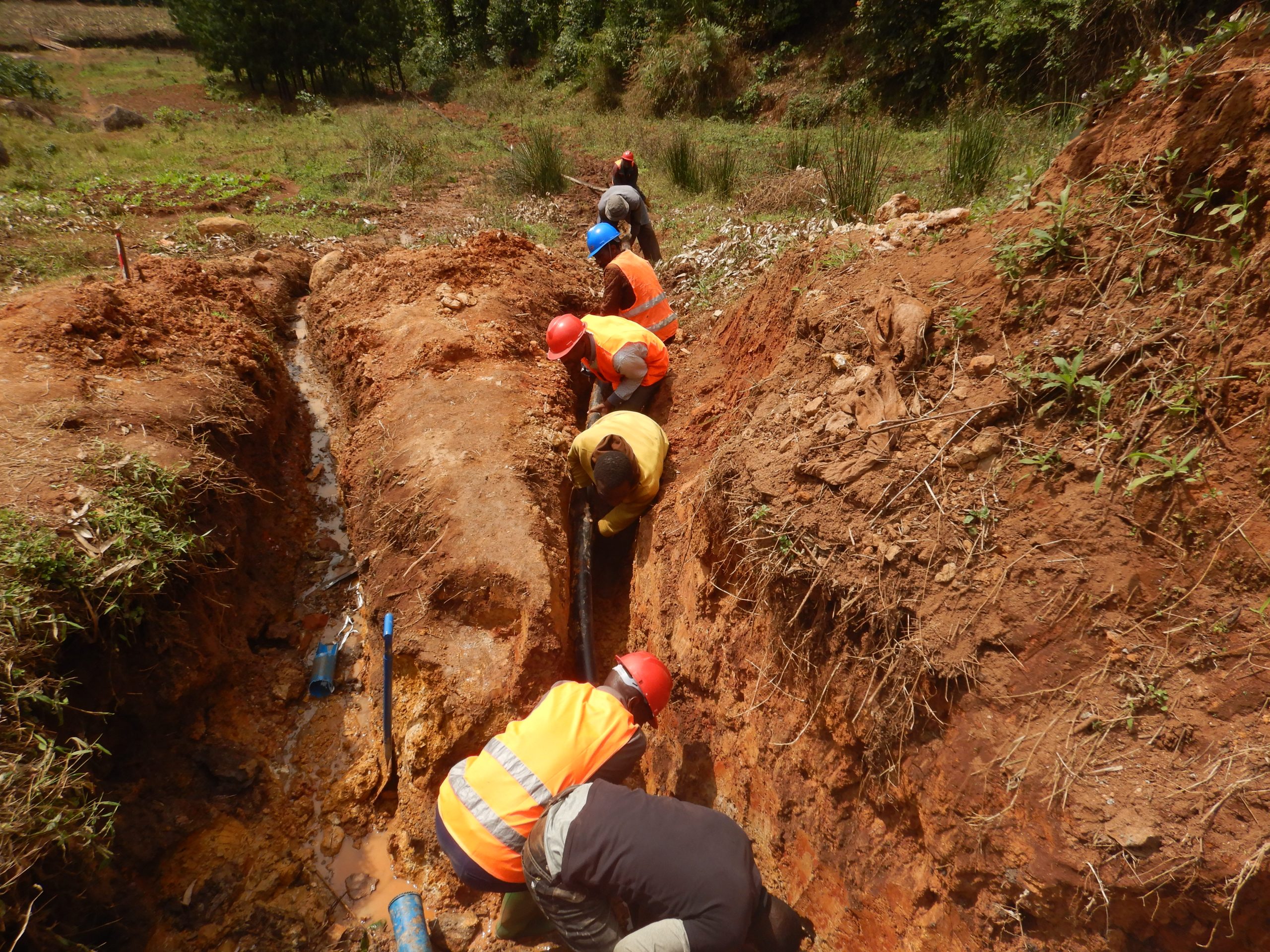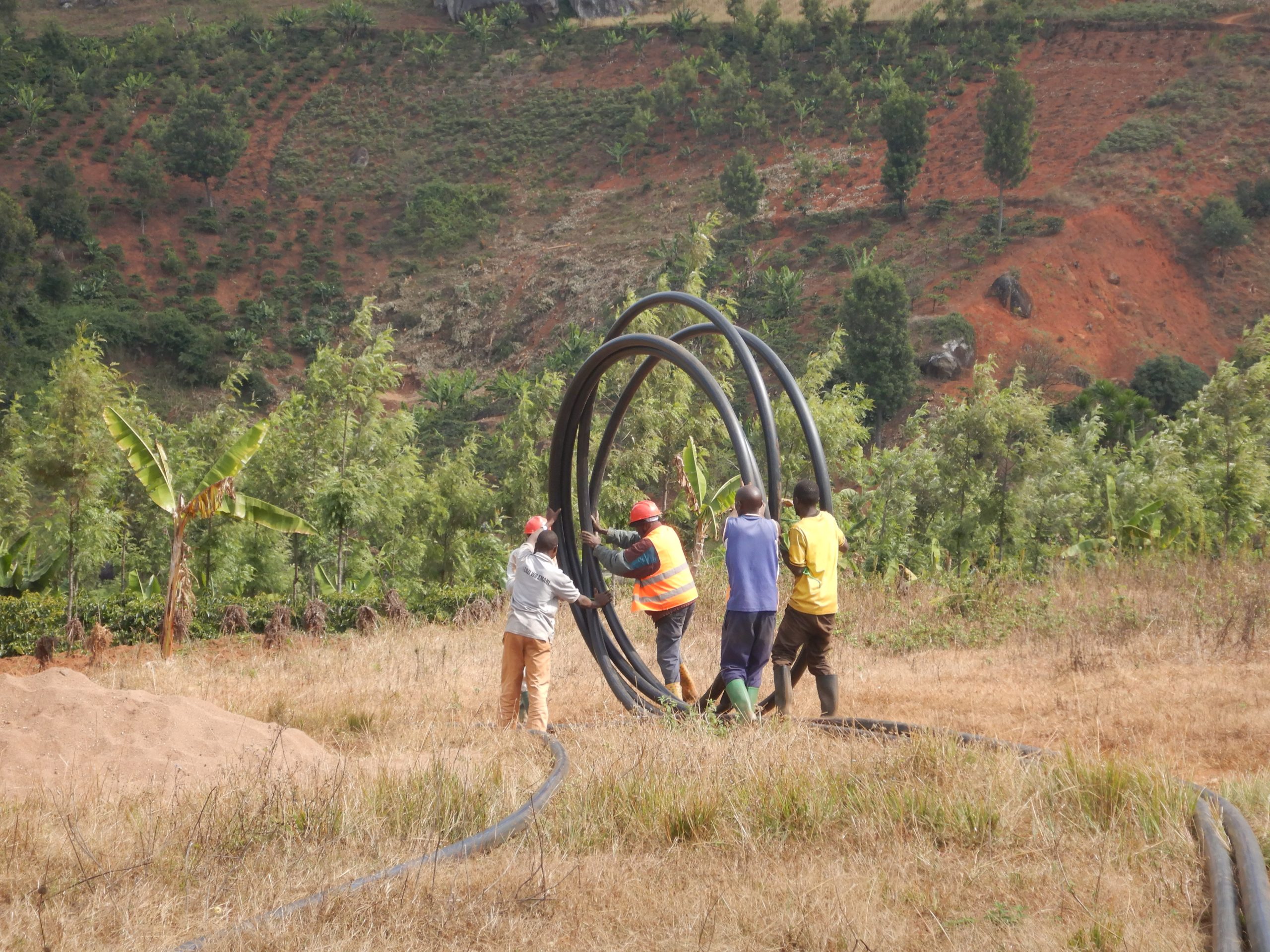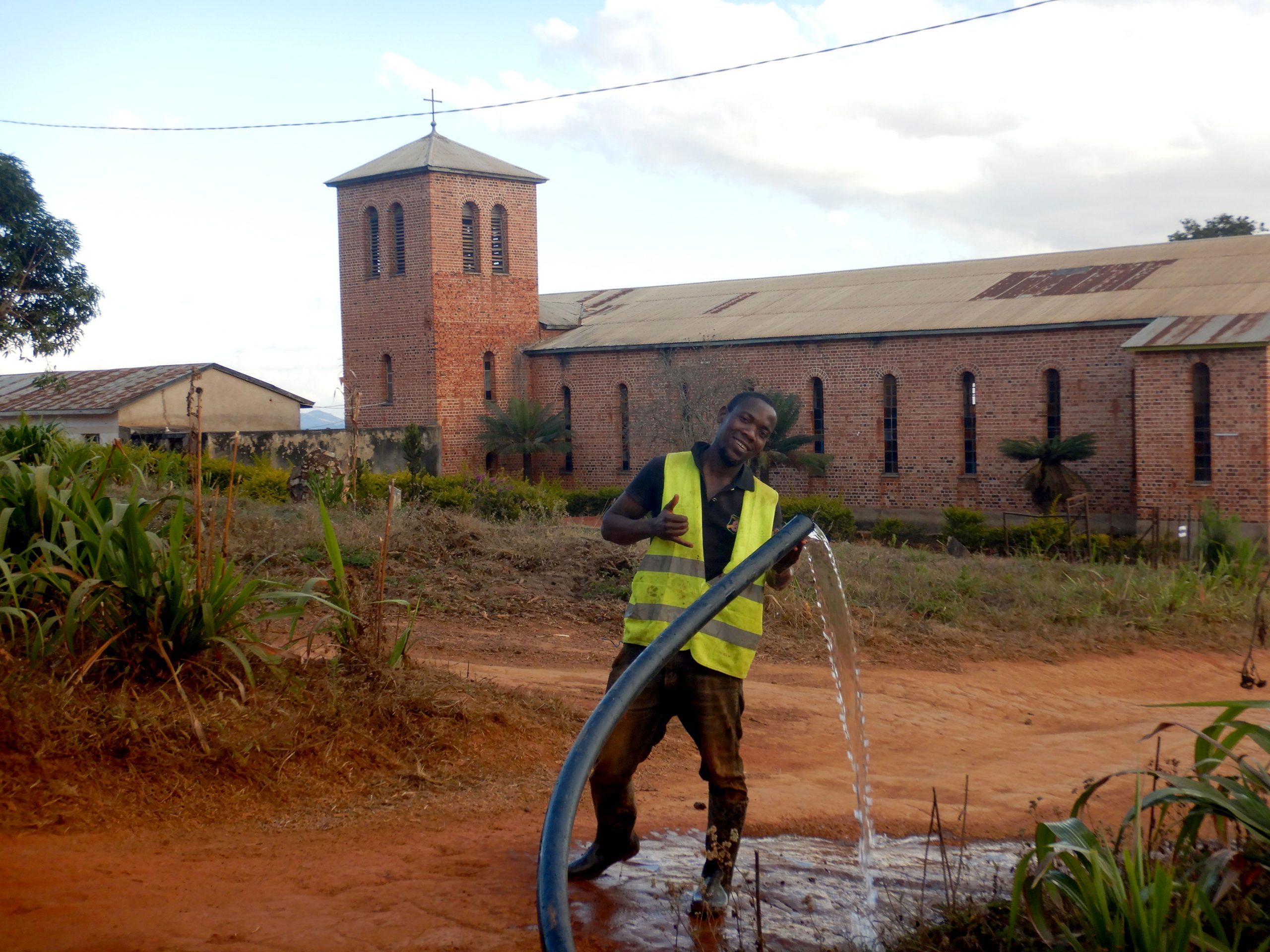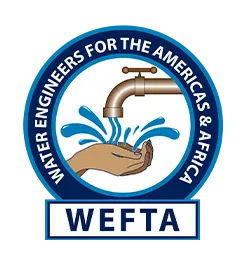
Mpapa Health Center WASH Improvements Project
$200,000 still needed to complete this project
Total Project Cost: $350,000
Project Location: Mpapa, Mbinga District, Ruvuma Region of Tanzania
Program Background
One in four healthcare facilities around the world lacks basic water services, impacting over 2 billion people, according to the 2019 report by WHO and UNICEF Joint Monitoring Programme for Water Supply, Sanitation and Hygiene (JMP). It also finds that one in five healthcare facilities has no sanitation service, impacting 1.5 billion people.
WEFTA collaborates with strategic partners to evaluate healthcare facilities (HCFs) that lack access to water, sanitation, and hygiene (WASH) resources, primarily water supply and wastewater treatment. There is a critical need for WASH resources in healthcare facilities throughout all regions WEFTA serves.
This Mpapa Health Center project came to WEFTA from dear friends and partners working in rural disadvantaged communities in Tanzania. Current WEFTA donors have contributed $55K to the first phase of the project: getting water to the community and health center. Engineering students at Michigan Technical University have provided preliminary engineering design consultation, and our in-country partners, Sanitation and Water Action (SAWA) are providing field engineering and construction services.
Community Background
The Mpapa Health Center is a Catholic facility run by the Benedictine Sisters and serves approximately 2,100 patients from Mpapa and the surrounding villages. The facility treats 20-25 inpatients per day, 40-50 outpatients per day, and 45-65 deliveries per month. The facility’s constituents are facing acute water and sanitation problems because they do not have access to a perennial, reliable water source. The community of Mpapa with more than 440 members, also suffers the same challenges as the health center without adequate access to potable water and improved sanitation.
Water, Sanitation and Health (WASH) Concerns
The current water source is a piped water supply from a neighboring community, Likwale, located 2 kilometers (km) away. Due to poor coordination between the villages and a growing population in Likwale, the facility receives water from the source for approximately 30 minutes a day. Furthermore, the sanitation facilities at the health center are aging and dilapidated. The latrines are missing doors and lack proper ventilation. The placenta pit and incinerator do not meet Tanzanian national standards. Water scarcity and inadequate sanitation issues also affect the reported 440 citizens of Mpapa village, the 500 pupils in the Mpapa primary school, the 1,000 parishioners of Mpapa Catholic Church, and the 70 students of the Vocational Education Center (VETA).
Proposed Project
The proposed project would supply the health center with adequate, reliable water. A perennial spring catchment 9 km (5.6 miles) away from the facility is to be used as the new water source. The flow from the spring, given as 72 m3/day (190,000 gallons) adequately supplies water to the facilities. Two identical 45 m3 ferrocement storage tanks are proposed to be built at the health center, increasing the overall storage at the facility from 11 m3 to 101 m3 (26,700 gallons). Ferrocement is chosen as the design material due to the accessibility of the materials as well as the constructability. Finally, the project design for wastewater treatment provides septic tanks and absorption pits. The septic tanks are designed to retain the wastewater for a time of 2 days and afterward flow into the absorption pits for further decomposition. The sizing of all components of the design will be adequate not only for the current needs of the health center but also for the future, taking into consideration the projected growth of the health center.
Sustainability Considerations
Improved water and sanitation alternatives for the Mpapa Health Center will have several social, environmental, and economic benefits. The social benefits are experienced by the health care workers, patients, and community. Improved water supply will allow the health care workers to follow safety procedures to eliminate the spread of infectious diseases between themselves and the patients. Sanitary working conditions will likely decrease fatality rates and increase infant survival rates within the community. Implementing improved sanitation practices will decrease the likelihood of contaminated soil and water and reduce the spread of water-borne and fecal diseases. One environmental benefit is that soil and water are less likely to be contaminated with human waste. The health center will have additional public health benefits from this project because time spent fetching or collecting water can now be spent with patients. Better health practices will expand educational, economic, and sustainability benefits to the community.
Community Engagement
The Mpapa Health Center staff, Mbinga diocese staff, and community members will continue their training on proper operation and maintenance of the system put in place to ensure sustainability. WEFTA volunteers and circuit riders will make annual visits to the community for post-construction follow-up. The community is contributing 25% of the total project cost in the form of labor and local materials.
WEFTA Volunteers
WEFTA will donate engineering and post-construction follow-up to this project equating to 15% of the total project cost.
If you would like additional information about this project, please contact us.
Donate to Mpapa WASH Project



50% of healthcare facilities in least-developed countries lack basic water services.
This project will provide
a safe water source for over 2,100 lives!
Improving WASH resources helps reduce water and sanitation-related diseases and saves lives!

